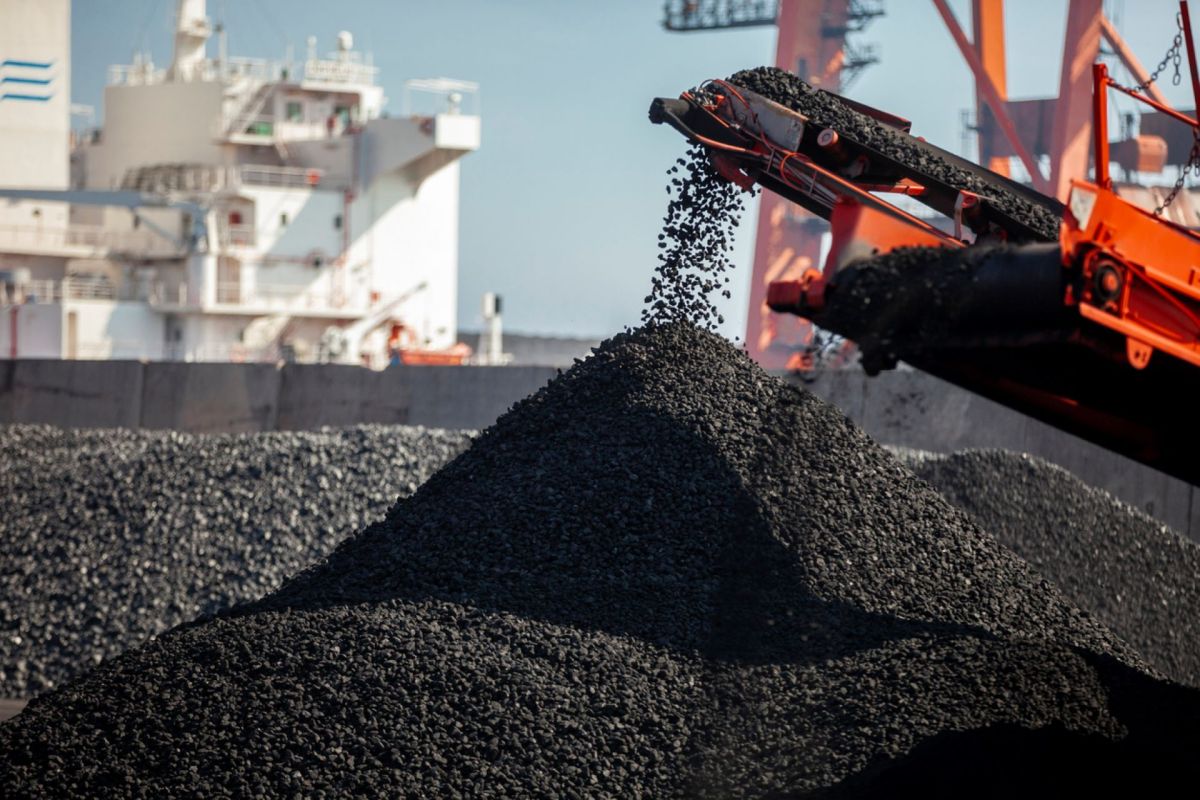An organization representing the dirtiest form of energy underwent a "sustainable" rebrand prior to the 2023 U.N. Climate Change Conference in Dubai, causing some to wonder whether the latest form of deceptive advertising could set back environmental efforts.
What's happening?
The World Coal Association, a trade body for the coal industry, has changed its name to FutureCoal: The Global Alliance for Sustainable Coal. It announced its transformed identity in Dubai the week before climate discussions were set to begin, as reported by Bloomberg.
Michelle Manook, the CEO of the newly dubbed FutureCoal, advocated for coal to be an integral part of the transition to clean energy, calling out "anti-coal sentiment" that's "resulted in a lowering of the global coal IQ."
The move comes after coal usage reached a record high in 2022, according to the International Energy Agency, which found that demand grew another 1.5% over the first six months of 2023.
Why is this rebrand concerning?
Our planet is warming more rapidly than at any other time in recorded history, leading to concerns about the quality and availability of major food sources and the spread of disease.
Dirty energy is the primary culprit, with more than three-quarters of heat-trapping pollution caused by the burning of coal, oil, and gas, per the U.N.
The biggest offender? Coal.
As S&P Global detailed in 2018, the U.N. Intergovernmental Panel on Climate Change called for "a cut of 73-97% in the use of coal for primary energy by 2050" in order to limit rising temperatures to 2.7 degrees Fahrenheit above pre-industrial levels.
A joint study published in the peer-reviewed journal Science in November also discovered that nearly half a million deaths were linked to pollution from coal-fired power plants from 1999 to 2020, according to the Harvard T.H. Chan School of Public Health.
"PM2.5 [fine particulate matter] from coal has been treated as if it's just another air pollutant. But it's much more harmful than we thought, and its mortality burden has been seriously underestimated," said Lucas Henneman, the lead author of the study.
What can be done to help?
Companies and governments worldwide have been working to ensure a smooth transition to clean energy sources like solar and wind, with an eye on supporting communities that have typically been dependent on dirty energy like coal.
According to the World Economic Forum, the clean energy market is projected to create 10.3 million net new jobs by 2030, offsetting the reduction of 2.7 million jobs in the dirty energy industry.
In the meantime, it's never too late to start the journey of education about climate issues, helping to ensure you and your loved ones are able to spot when a major rebrand isn't necessarily all that it seems.
Join our free newsletter for cool news and actionable info that makes it easy to help yourself while helping the planet.









